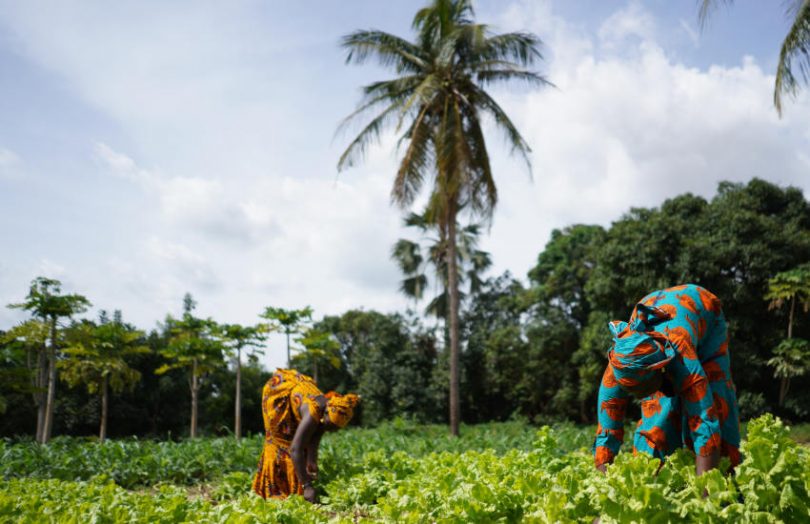Today the Lemonade Foundation announced it would fund the Lemonade Crypto Climate Coalition, which plans to use blockchain and parametric insurance to provide crop insurance for low income farmers. Eight organizations are involved, including the world’s third largest reinsurance firm Hannover Re, the Avalanche blockchain, and Etherisc, which has a track record in similar parametric insurance projects.
According to ISF, less than 3% of farmers in Sub-Saharan countries have crop insurance. A major reason confirmed by ISF studies is it’s just too expensive. To be affordable, the premiums have to be tiny, and in turn, those small premiums cannot justify the cost of processing claims, never mind the insurance itself. Enter automation and parametric insurance.
“Africa has an estimated 300 million smallholder farmers. The majority face real climate risks to their livelihoods, as traditional, indemnity-based insurance is often unaffordable or unavailable to them,” said Rose Goslinga, co-founder of Pula, a Kenya-based insurtech.
“This is where the power of the Lemonade Crypto Climate Coalition comes in: An on-chain solution that can be immediately impactful at scale will allow farmers to finally get financially protected against the increasingly frequent risks such as drought.”
If there’s a weather event such as a flood or drought, a sensor can detect the event and automatically make a payout instead of requiring the farmer to submit a claim. Removing the human factor reduces the costs substantially and makes premiums more affordable. Several previous parametric crop insurance projects have used blockchain smart contracts to enable this automation. One of the DAO participants, blockchain insurance startup Etherisc has been involved in crop-related projects in Kenya and Sri Lanka with AON.
The sensors submit data to the blockchain using an oracle. In this particular case, there will be a DAO – a decentralized autonomous organization. In reality, DAOs rarely are entirely decentralized or autonomous. Some people refer to them as a chat group with a bank account. We think of them as a cooperative, crowdfunding and blockchain combination.
“By using a DAO instead of a traditional insurance company, smart contracts instead of insurance policies, and oracles instead of claims professionals, we expect to harness the communal and decentralized aspects of web3 and real-time weather data to deliver affordable and instantaneous climate insurance to the people who need it most,” said Daniel Schreiber, Director at the Lemonade Foundation.
The solution will be rolled out within a year and enable farmers to make and receive payments on their mobile phones using stablecoins or local currencies.
The coalition’s three key goals are to accurately quantify weather risks with more sensors, automate claim assessment using smart contracts, and provide adequate funding and reinsurance.
On the blockchain side, the participants are Avalanche, Chainlink, and DAOstack, and on the insurance side, Lemonade, Etherisc, Hannover Re, Pula, and Tomorrow.io will develop weather insurance models.







